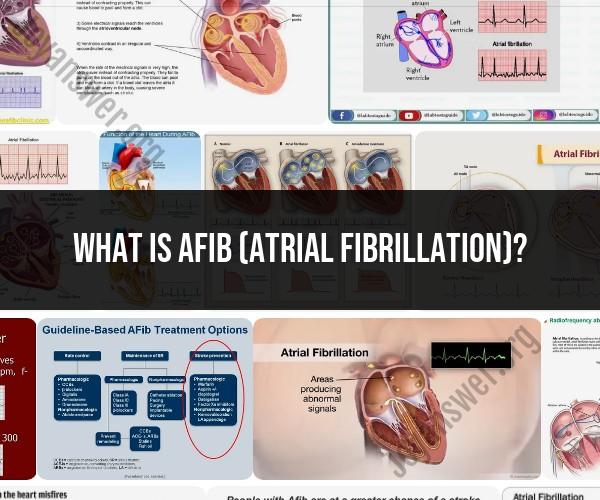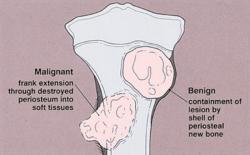What is afib (atrial fibrillation)?
Atrial Fibrillation (AFib) is a common heart rhythm disorder that affects millions of people worldwide. It is characterized by irregular and often rapid heartbeats that can lead to various health complications if left untreated. In this comprehensive guide, we will explore the causes and symptoms of AFib.
Causes of Atrial Fibrillation:
Age: AFib is more common in older individuals, especially those over the age of 60. As people age, the risk of developing AFib increases.
High Blood Pressure (Hypertension): Elevated blood pressure can damage the heart's electrical system, increasing the likelihood of AFib.
Heart Disease: Conditions such as coronary artery disease, heart valve disorders, and congestive heart failure can contribute to AFib.
Obesity: Being overweight or obese can strain the heart and increase the risk of developing AFib.
Diabetes: Uncontrolled diabetes can affect the heart's electrical system, making AFib more likely.
Excessive Alcohol and Caffeine Consumption: Heavy alcohol and caffeine intake can trigger AFib episodes in some individuals.
Stress and Anxiety: High levels of stress and anxiety can lead to an increased risk of AFib.
Smoking: Smoking is a risk factor for heart disease and can contribute to AFib development.
Thyroid Problems: Overactive or underactive thyroid glands can disrupt the heart's rhythm and lead to AFib.
Family History: A family history of AFib may increase your risk, suggesting a genetic component.
Chronic Lung Diseases: Conditions such as chronic obstructive pulmonary disease (COPD) can affect the heart's function and increase AFib risk.
Sleep Apnea: This disorder, characterized by interrupted breathing during sleep, is linked to AFib.
Symptoms of Atrial Fibrillation:
Irregular Heartbeat: The hallmark symptom of AFib is an irregular and often rapid heartbeat. This can feel like a fluttering or palpitations in the chest.
Fatigue: AFib can lead to decreased blood flow, causing fatigue and reduced stamina.
Shortness of Breath: Individuals with AFib may experience difficulty breathing, especially during physical activity.
Dizziness or Lightheadedness: Decreased blood flow to the brain can result in dizziness or feeling lightheaded.
Chest Pain or Discomfort: Some people with AFib may experience chest pain or discomfort, although this is less common.
Fainting (Syncope): In severe cases, AFib can cause fainting spells due to inadequate blood supply to the brain.
Anxiety: The irregular heartbeat and associated symptoms can cause anxiety and distress in individuals with AFib.
Weakness: Muscle weakness or a feeling of overall weakness may be present.
It's important to note that some individuals with AFib may not experience any symptoms, and the condition may be discovered during routine medical exams or electrocardiogram (ECG) testing.
AFib is a serious condition that can increase the risk of stroke, heart failure, and other heart-related complications. Therefore, if you suspect you have AFib or experience any of the mentioned symptoms, it is crucial to seek medical attention promptly. Treatment options include medication, lifestyle changes, and, in some cases, procedures to restore normal heart rhythm. Managing underlying risk factors, such as high blood pressure and diabetes, is also essential in preventing AFib and its associated complications. Regular follow-up with a healthcare provider is key to effectively managing AFib and reducing the risk of complications.












